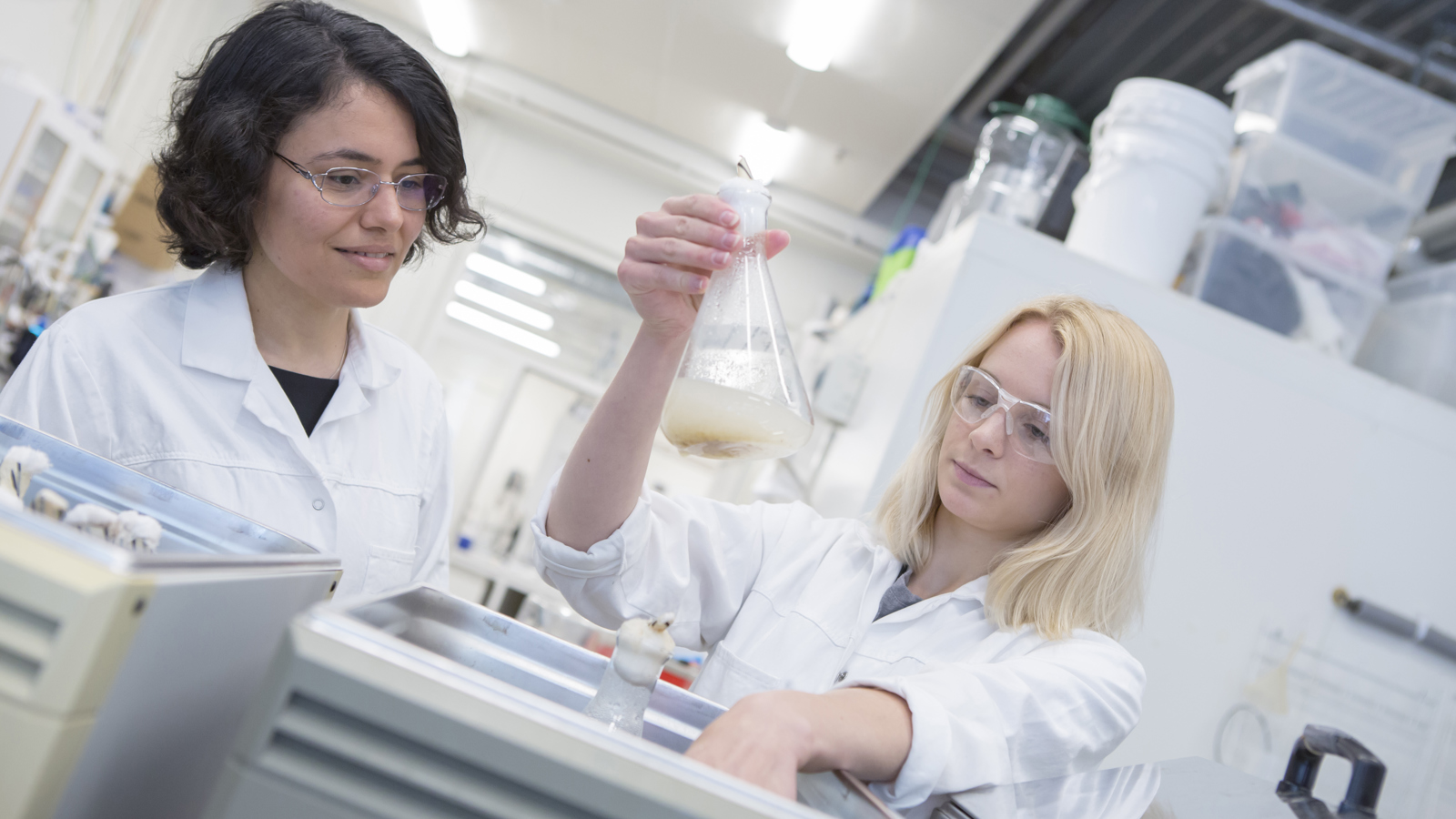Doctoral education in resource recovery – a world-renowned 10-year-old
2020-06-17

Leadership at the University of Borås at that time had not intended to submit an application regarding rights to grant doctoral degrees in Resource Recovery from the beginning. The plan was to prioritise applications within Textiles and Fashion as well as Library and Information Science. But in the end, after a lot of work, an application for Resource Recovery was also submitted. Both Tomas Wahnström and Mohammad Taherzadeh, Director of Studies and Director of Doctoral Studies, were involved in preparing the application and in its review by the Swedish Higher Education Authority.
"I remember that the hearing in Stockholm went very well and our professors convinced the authority of the strength of the application," says Tomas Wahnström.
And there was much celebration when the news came. Now they could start working on building systems and structures, seeking research funding, and accepting doctoral students.
"At the same time, I felt a great responsibility to develop a very high-quality research education, both nationally and internationally," says Mohammad Taherzadeh.
Something that they, ten years on, believe they have accomplished.
"The Swedish Higher Education Authority’s decision in 2010 enabled a very successful development of doctoral education and research at the University of Borås," concludes Tomas Wahnström.
Facts:
The doctoral programme in Resource Recovery includes the development of technical methods for refining and recycling resources – energy and materials – from waste or residues. This is in order to enable a transition to a circular economy in society. In addition to technical methods, research on logistical and behavioural aspects linked to societal solutions in the recovery of resources is also included.
The doctoral programme works actively to promote gender balance; about half of the doctoral students over the years are/have been women (45%). Today, there are 12 women and 12 men admitted to the doctoral programme.
The doctoral programme is very international in nature; 16 different countries have or are represented among the doctoral students. In addition, some thirty (in total over the years) guest doctoral students from all over the world have been involved in the programme.
The research environment is multidisciplinary with the following specialisations:
- Biotechnology
- Chemical Engineering
- Polymer Technology
- Textile Technology
- Energy Engineering
- Resource Management
Read more
Article from April 2020: Guest doctoral students from all over the world strengthen research
Article from January 2020: Successful doctoral programme aims to be the best in the world
Anna Kjellsson
Suss Wilén

